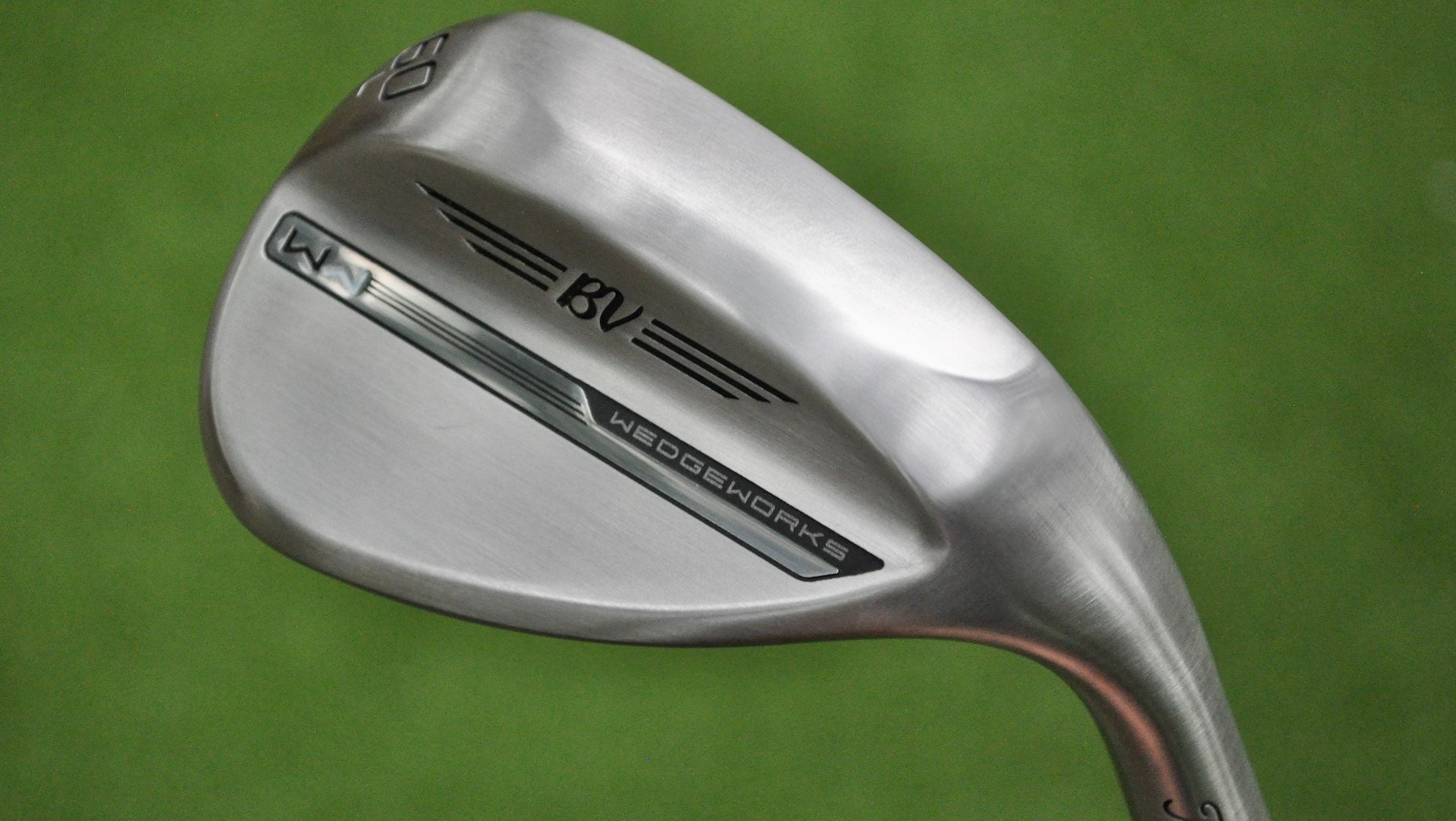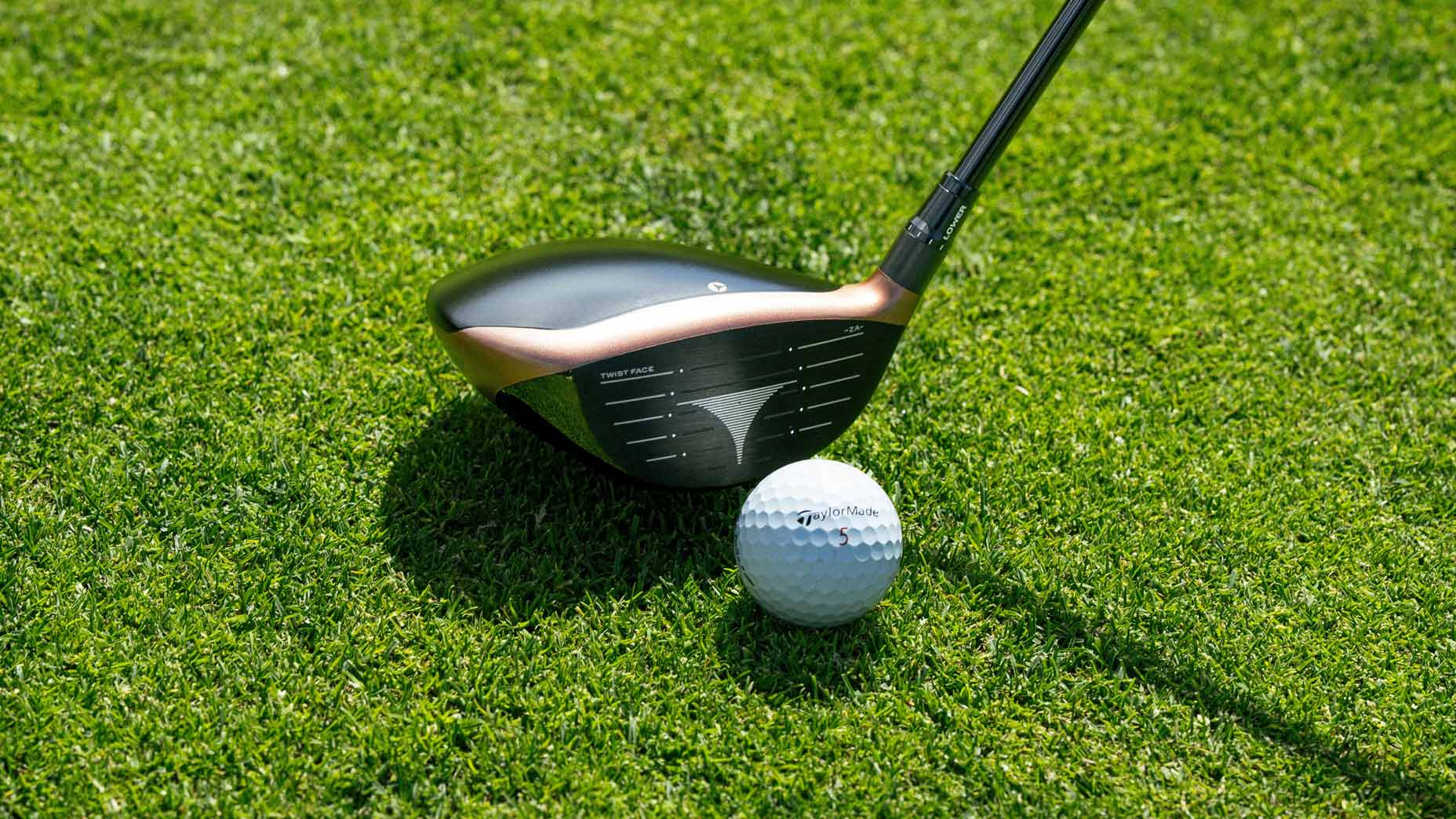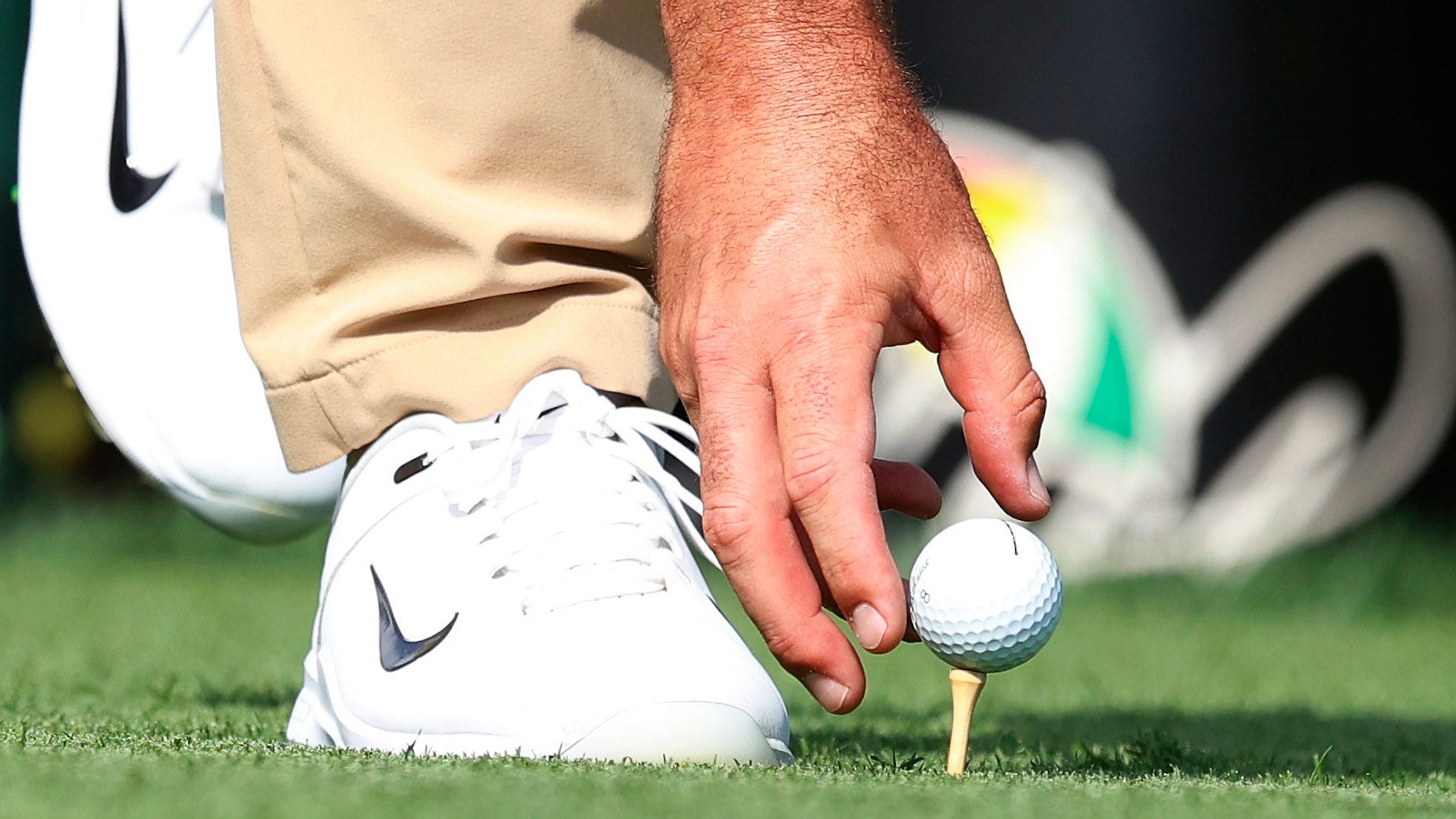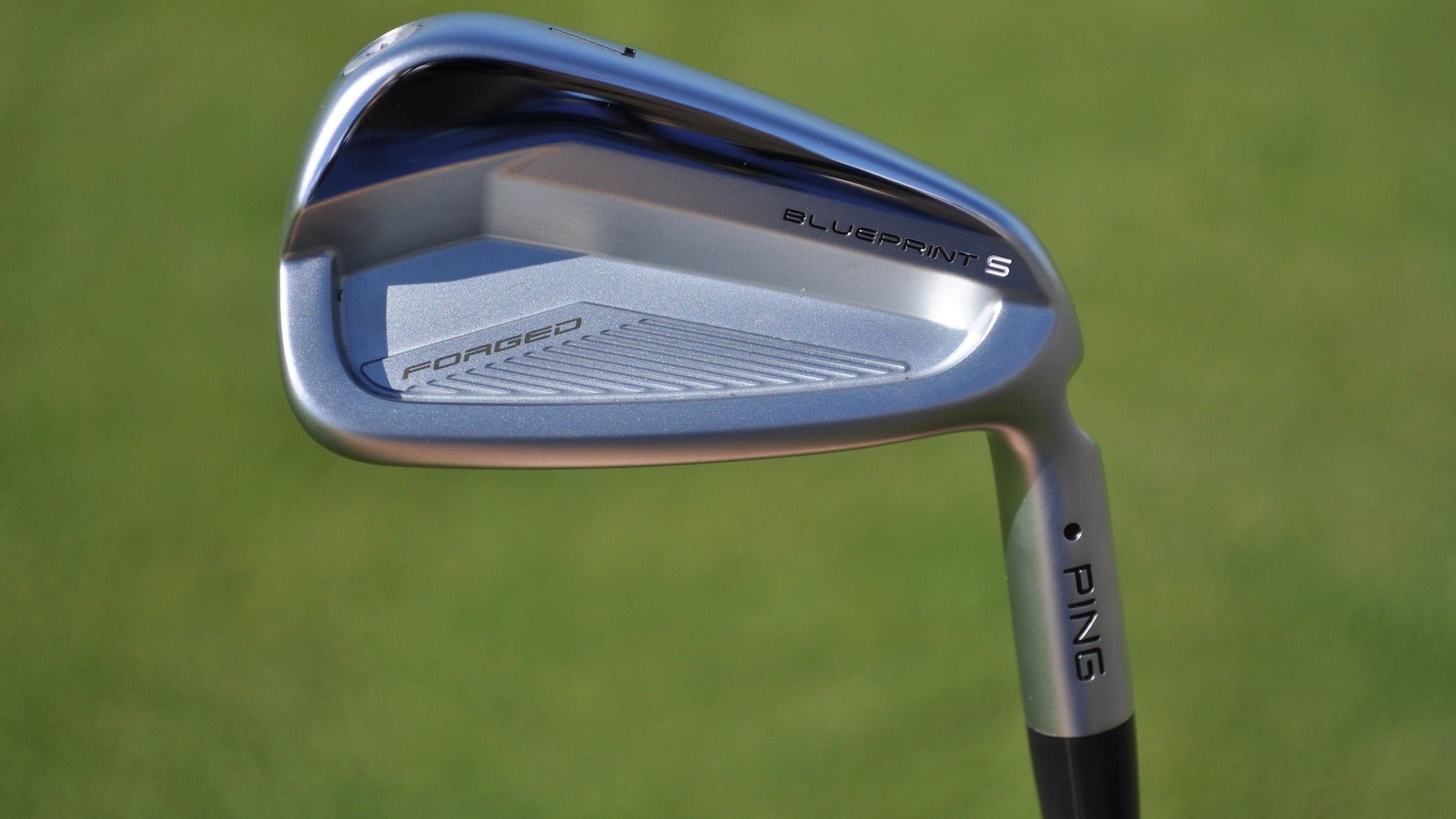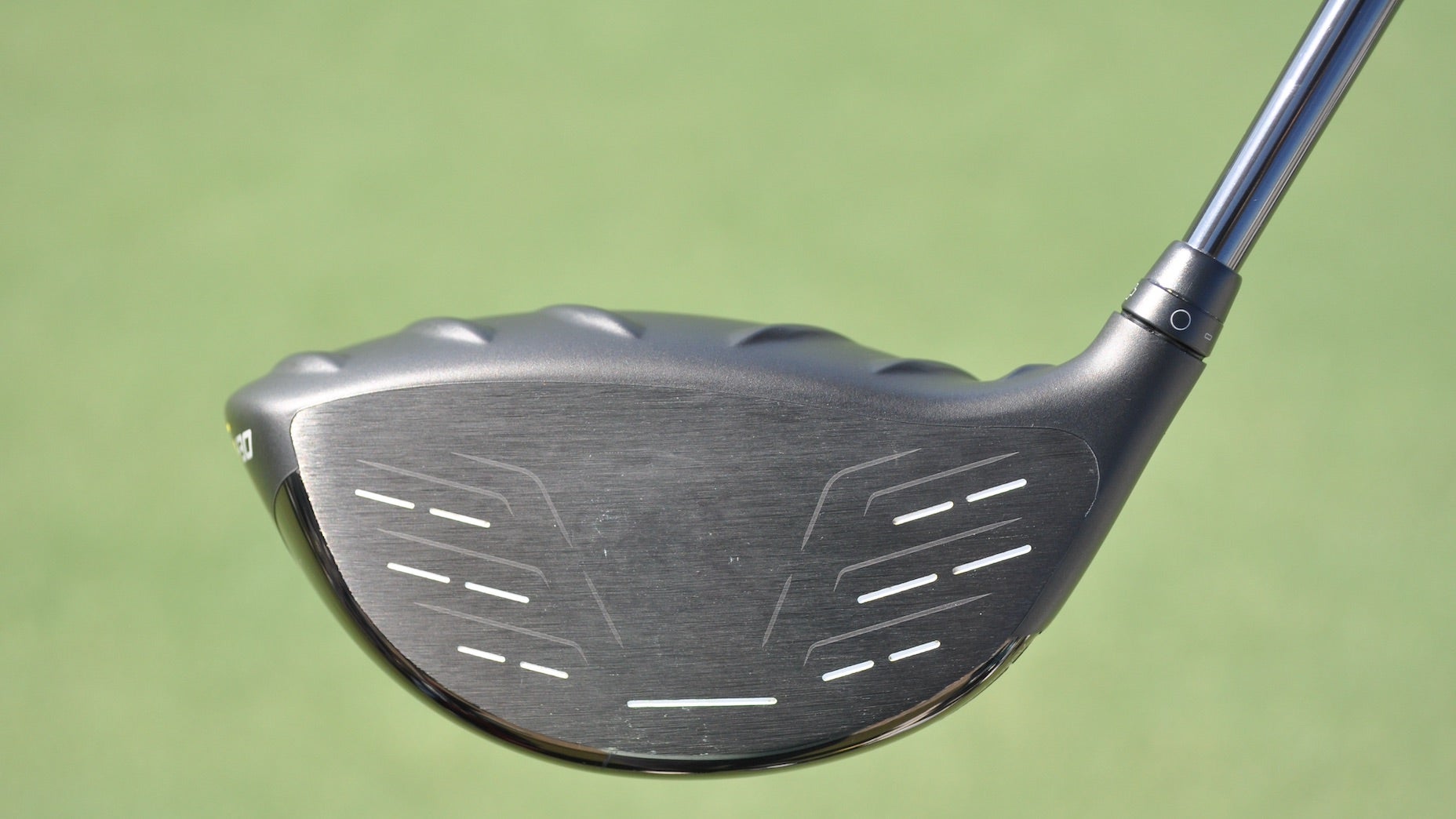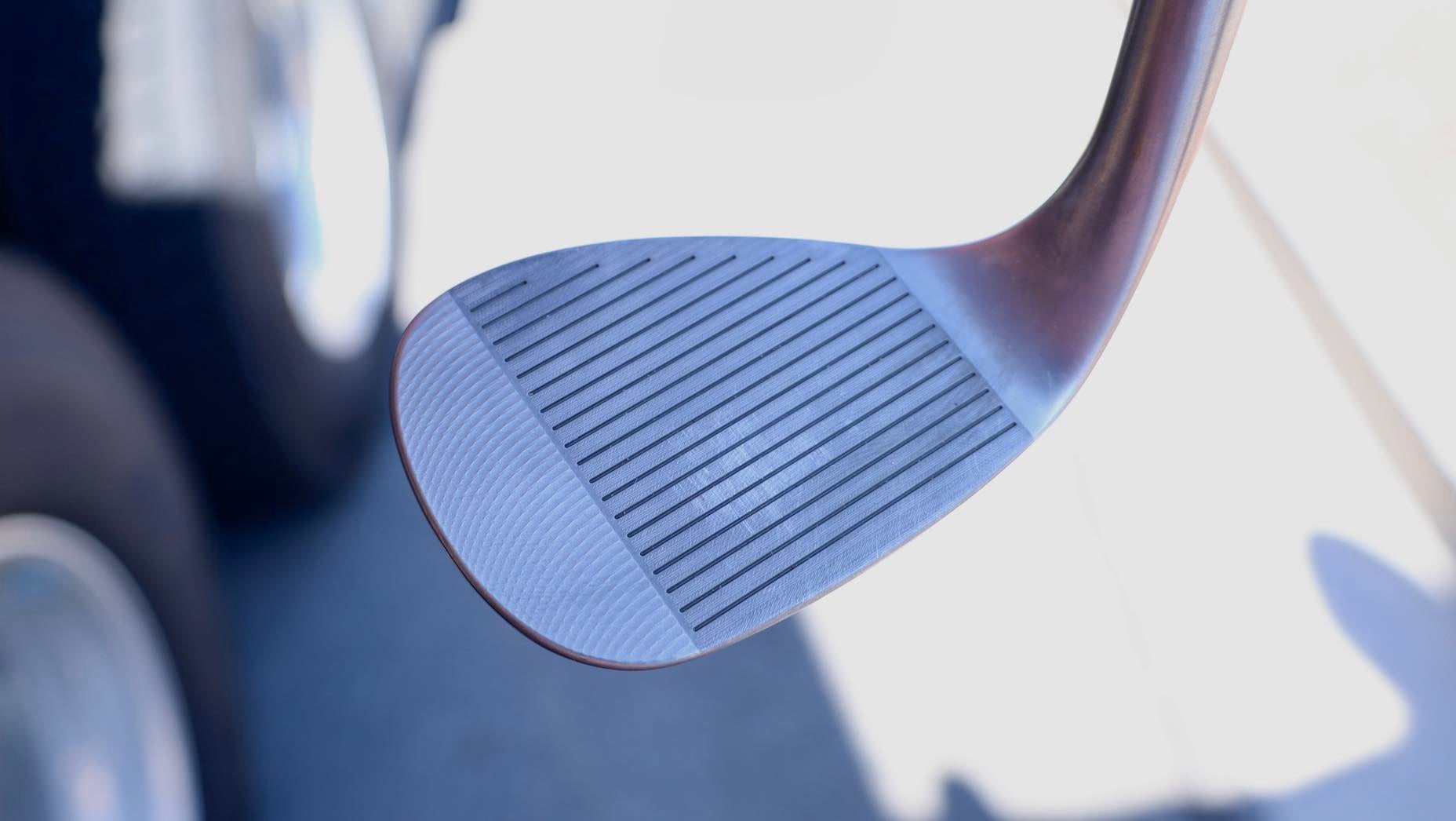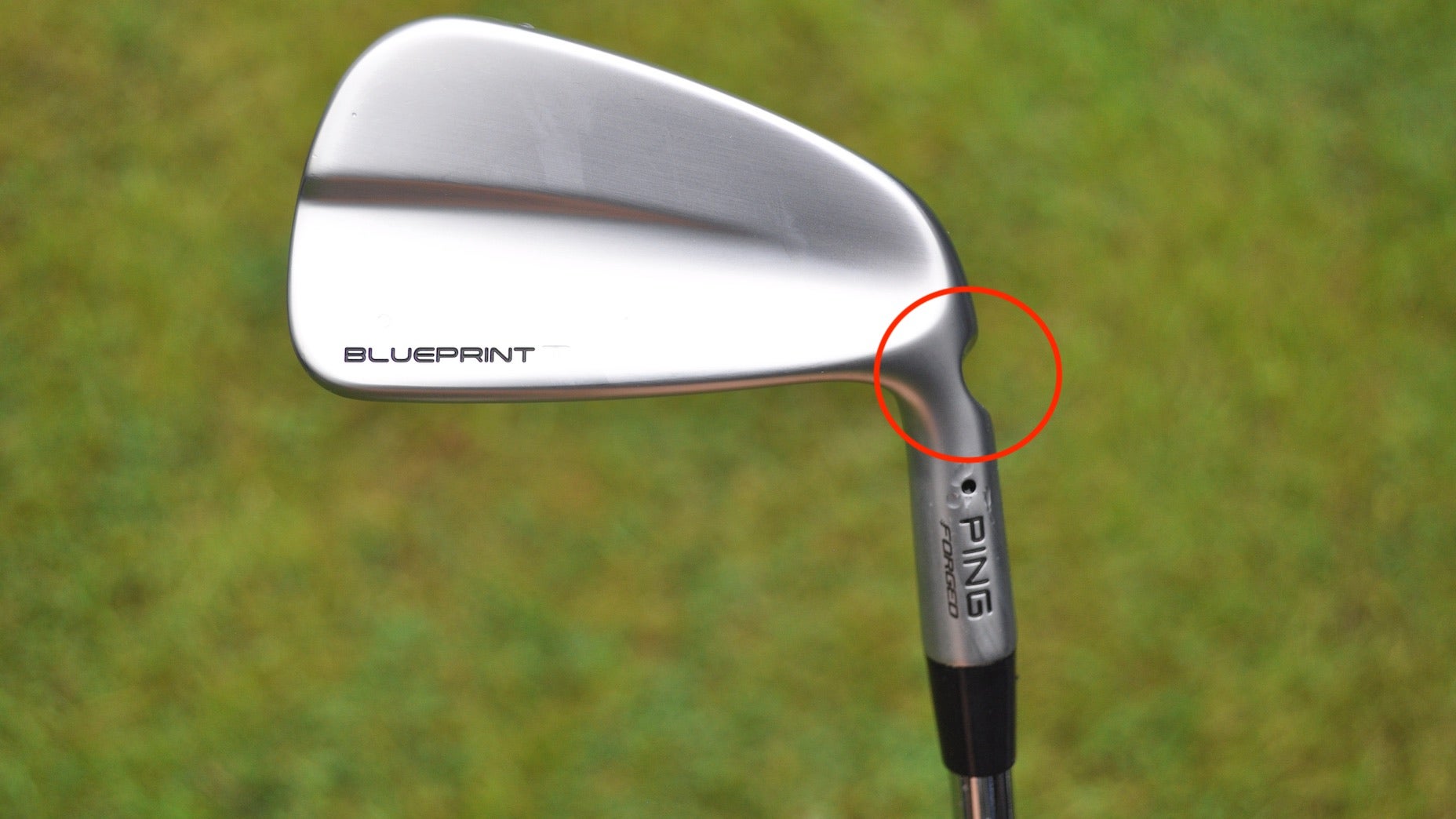Welcome to another edition of the Fully Equipped mailbag sponsored by Cleveland/Srixon Golf, an interactive GOLF.com series in which our resident dimplehead (a.k.a., GOLF’s managing editor of equipment, Jonathan Wall) fields your hard-hitting gear questions.
Correct me if I’m wrong, but it feels like adjustable drivers outpace the non-adjustable drivers by a wide margin. It got me thinking why non-adjustable drivers are still around. Do they still serve a purpose? It feels like antiquated technology to me.
It’s hard to believe adjustable drivers have been in our lives for more than a decade. Nothing has been the same in the driver space since TaylorMade’s adjustable-weighted R7 Quad came out. Club engineers have gone from utilizing adjustable weight ports to alter shot shape to weight tracks and loft sleeves that can alter nearly every performance characteristic.
Prior to 2005, non-adjustable (also known as “bonded” or “glued” hosels) drivers were the only option in the space. The shaft was affixed to the head at a stated loft and sent out the door. That’s it. When you go from ultra-minimalist to a myriad of adjustable bells and whistles, it can feel as if the non-adjustable product no longer has a place in the industry.
Who in their right mind would want to pay for a drive sans an adjustable loft sleeve or movable weights?! Before you scoff at the benefits of a non-adjustable driver, I’d like to point out that Tiger Woods used one all the way up until Nike departed the hard-goods space in 2016. Back in 2019, Woods even admitted to me that he didn’t even know how adjustable drivers worked, so he asked some of his peers for advice.
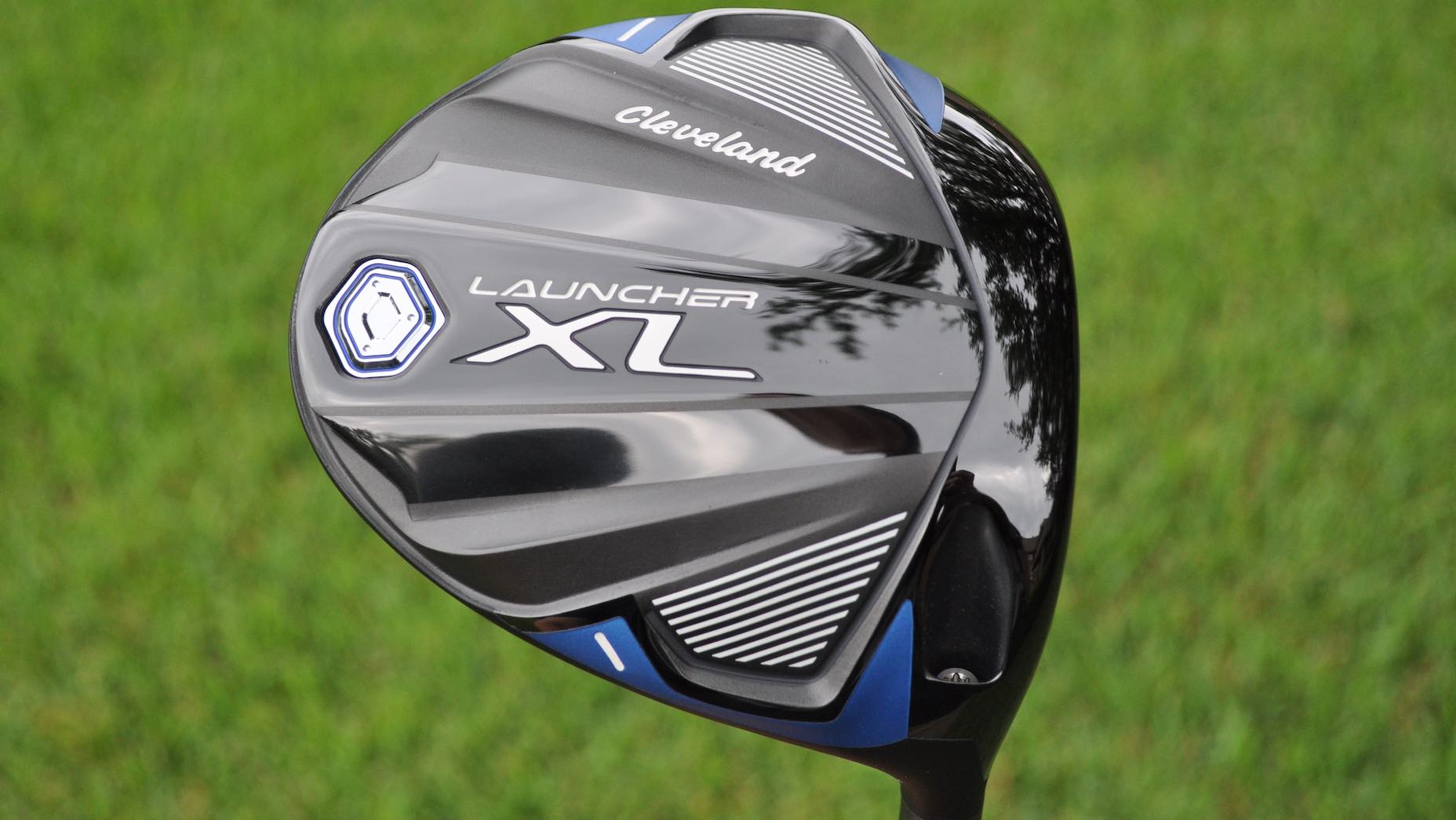
Cleveland Launcher XL
“I had to learn a lot [about adjustable drivers],” Woods said. “I either talked to the players that we have — like DJ, Rory. They were instrumental in helping me understand that. And then, working with Keith, trying to understand the time that I had a glued hosel to what we have now. So that was a bit of an adjustment, but I was able to make it.”
Yes, Woods is old school when it comes to how he builds his setup, but it’s important to understand that he wasn’t playing a non-adjustable head simply because he was too lazy to try the latest technology. There are benefits to be had. In his case, it was maintaining the same club variables that had helped him win 14 majors up to that point. You simply can’t put a value on trust.
For the average golfer, a non-adjustable option can help simplify things by removing the potential to tinker when the driver isn’t working. Without a loft sleeve to tweak or weight to reposition, it also makes going through a club-fitting even more important, because there’s no swapping out one shaft for another with the turn of a wrench.
Non-adjustable heads also allow for some unique performance characteristics. For example, Cleveland’s Launcher XL Lite and XL Lite Draw drivers offer similar design benefits as the standard head with roughly 12 grams less weight. Going lighter and slightly longer (a 1/4-inch in this case) will increase head speed for those slower swing speed golfers who need a bit more distance. The draw-biased XL Lite Draw version makes good use of the weight savings as well by positioning mass in a way where it helps negate a slice.
For the golfer who needs to eliminate one specific miss or simply needs more speed, non-adjustable products can check that box at a reasonable price point. Don’t completely discount it the next time you go driver shopping.
Want to overhaul your bag for 2021? Find a fitting location near you at GOLF’s affiliate company True Spec Golf. For more on the latest gear news and information, check out our latest Fully Equipped podcast below.


